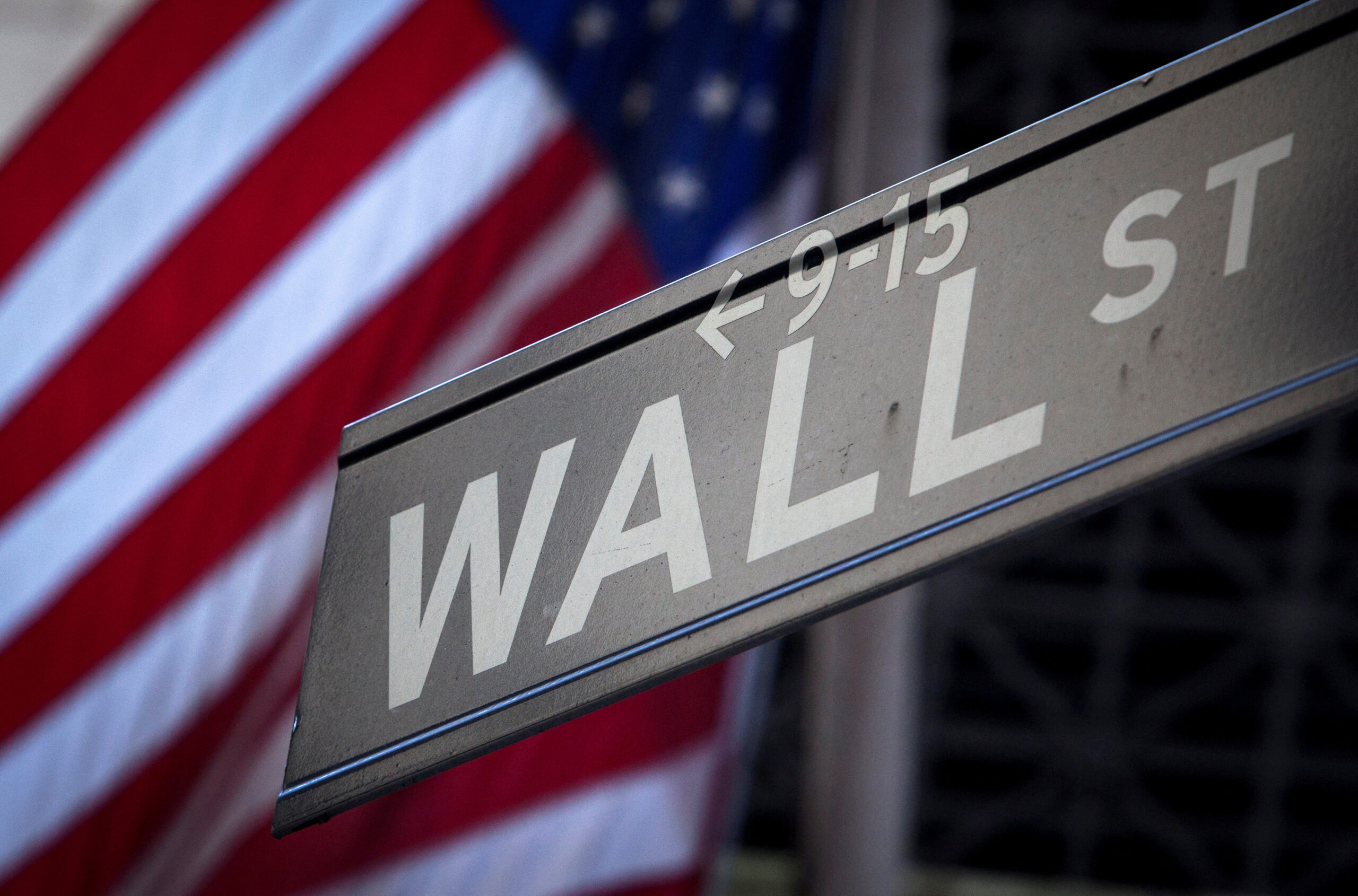Wall Street’s main indexes ended moderately lower on Tuesday, having given up meager intraday gains in the final minutes of trading, as investors switched their focus to the latest earnings from Alphabet (NASDAQ: GOOG, NASDAQ: GOOGL) and Tesla (NASDAQ: TSLA).
The duo kicked off results from the so-called Magnificent Seven stocks after the market closed, with both recording positive revenue numbers for the second quarter,
Tesla recorded a surprise rise in revenue as it handed over more vehicles than analysts had expected, helped by price cuts and incentives. Alphabet, meanwhile, surpassed revenue estimates driven by a rise in digital advertising sales and healthy demand for its cloud computing services.
Before publishing numbers though, the electric vehicle maker’s dropped 2%, with the Google parent’s shares rising 0.1%.
Earnings from technology giants will be key in determining if 2024’s record rally can be sustained, or if U.S. stocks are overvalued. The question of whether a rotation away from megacaps in favor of underperforming sectors will continue is also on investors’ minds.
The small-cap Russell 2000 was up 1% on the day.
“We’re paying attention to earnings, as that’s what matters this week and next, and the price reaction to those earnings will be very telling,” said Jack Janasiewicz, lead portfolio strategist at Natixis Investment Managers.
On the rotation into smaller-cap stocks, he added: “The jury is still out and we need some more proof of evidence that this is sustainable, and that’s again going to come down to earnings.”
The megacaps initially buoyed markets on Tuesday, with all three benchmarks trading in positive territory. However, despite most of the megacaps continuing to trade higher – Apple, Microsoft (NASDAQ: MSFT), Meta Platforms (NASDAQ: META), and Amazon (NASDAQ: AMZN) all gained between 0.3% and 2.1% – the overall market advances ebbed away in the afternoon, culminating in the small overall declines.
Helping subdue equity markets were disappointing earnings from household names.
United Parcel Service (NYSE: UPS), seen as a bellwether for the global economy, slumped 12.1% after missing earnings estimates on subdued package delivery demand and higher labor-contract costs. The stock closed at its lowest level in four years.
General Motors (NYSE: GM) dropped 6.4% despite better-than-expected second-quarter results and a higher annual profit forecast, while Comcast (NASDAQ: CMCSA) lost 2.6% after missing revenue estimates.
NXP Semiconductors (NASDAQ: NXPI) slumped 7.6% after the company forecasted third-quarter revenue below estimates, dragging the Philadelphia SE Semiconductor index 1.5% lower.
Among others, Spotify (NYSE: SPOT) jumped 12% after posting a record quarterly profit slightly ahead of expectations, while Coca-Cola (NYSE: KO) rose 0.3% after it increased its annual sales and profit forecasts.
Of the first 74 S&P 500 companies that reported quarterly results during this earnings season, 81.1% beat expectations, according to LSEG data.
Janasiewicz cautioned that while it is early to draw specific conclusions, the pattern seen so far in the earnings season was that companies missing numbers were getting hit hard, while even outperforming doesn’t guarantee much of a pop in your stock, given where market prices and expectations are currently.
“If you miss based on where we are right now, maybe there’s going to be more punishment doled out,” he said.
The S&P 500 lost 8.67 points, or 0.16%, to 5,555.74 points, while the Nasdaq Composite lost 10.22 points, or 0.06%, to 17,997.35. The Dow Jones Industrial Average fell 57.35 points, or 0.14%, to 40,358.09.
Eight of the major S&P sectors ended in negative territory, with the energy index the worst performer, down 1.6%, as U.S. crude prices hit a six-week low.
Volume on U.S. exchanges was 10.45 billion shares, compared with the 11.33 billion average for the full session over the last 20 trading days.
(Source: ReutersReuters)













